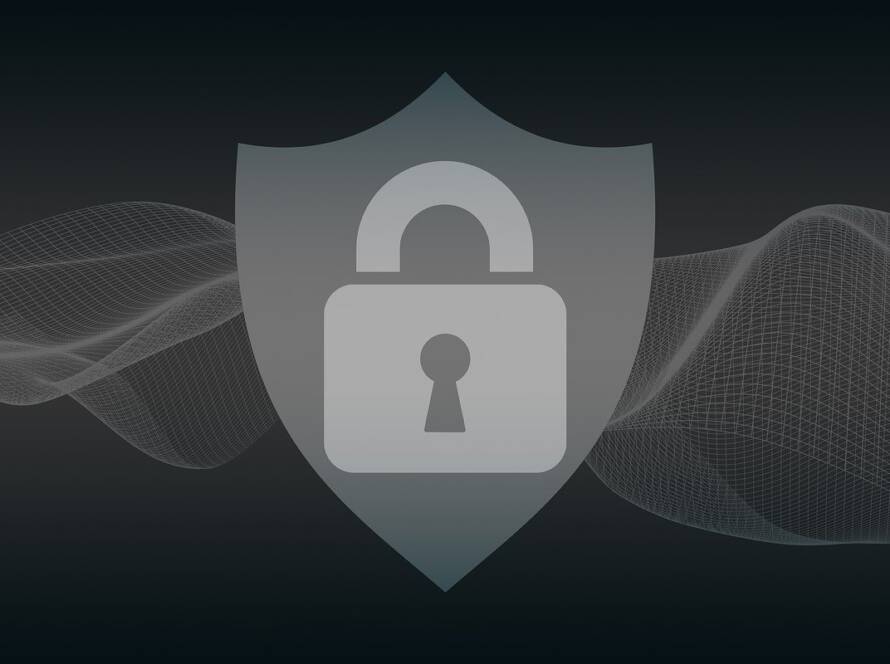Look no further, just by editing and uploading this php script to the home directing of your web server, you can have a automated backup solution for your cpanel.
Requirements
- cPanel 10 or higher with Cron job and backup functionality enabled
- PHP 4.1.x or higher
- FTP access (optional)
1. Create a file called cpanel_backup.php and copy the below script in to the file
<?php
// Permissions on this file should be 600
// Place outside your public_html
// ********* Configuration *********
// Info required for cPanel access
$cpuser = “cpanelusername”; // Username used to login to CPanel
$cppass = “cpanelpassword”; // Password used to login to CPanel
$domain = “domain.com”; // Domain name where CPanel is run
$skin = “x3”; // Set to cPanel skin you use (script won’t work if it doesn’t match). Most people run the default x theme
// Info required for FTP host
$ftpuser = “yourusername”; // Username for FTP account
$ftppass = “yourpassword”; // Password for FTP account
$ftphost = “ftpipaddress”; // Full hostname or IP address for FTP host
$ftpmode = “ftp”; // FTP mode (“ftp” for active, “passiveftp” for passive)
$ftpdir = “/”; //Ftp directory sent to
// Notification information
$notifyemail = “user@domain.com”; // Email address to send results
// Secure or non-secure mode
$secure = 0; // Set to 1 for SSL (requires SSL support), otherwise will use standard HTTP
// Set to 1 to have web page result appear in your cron log
$debug = 1;
// *********** Don’t Touch!! *********
if ($secure) {
$url = “ssl://”.$domain;
$port = 2083;
} else {
$url = $domain;
$port = 2082;
}
$socket = fsockopen($url,$port);
if (!$socket) { echo “Failed to open socket connection… Bailing out!n”; exit; }
// Encode authentication string
$authstr = $cpuser.”:”.$cppass;
$pass = base64_encode($authstr);
$params = “dest=$ftpmode&email=$notifyemail&server=$ftphost&user=$ftpuser&pass=$ftppass&rdir=$ftpdir&submit=Generate Backup”;
// Make POST to cPanel
fputs($socket,”POST /frontend/”.$skin.”/backup/dofullbackup.html?”.$params.” HTTP/1.0rn”);
fputs($socket,”Host: $domainrn”);
fputs($socket,”Authorization: Basic $passrn”);
fputs($socket,”Connection: Closern”);
fputs($socket,”rn”);
// Grab response even if we don’t do anything with it.
while (!feof($socket)) {
$response = fgets($socket,4096);
if ($debug) echo $response;
}
fclose($socket);
?>
2. After coping that make sure you edit only the variables that need to be changed
3. create a cron job on the cpanel using the following
php -q /home/username/cpanel_backup.php
4. Make sure the file is not in the home directory and also the file is chmod to 600
There you go, you now have a free and very reliable backup solution for your cpanel.


